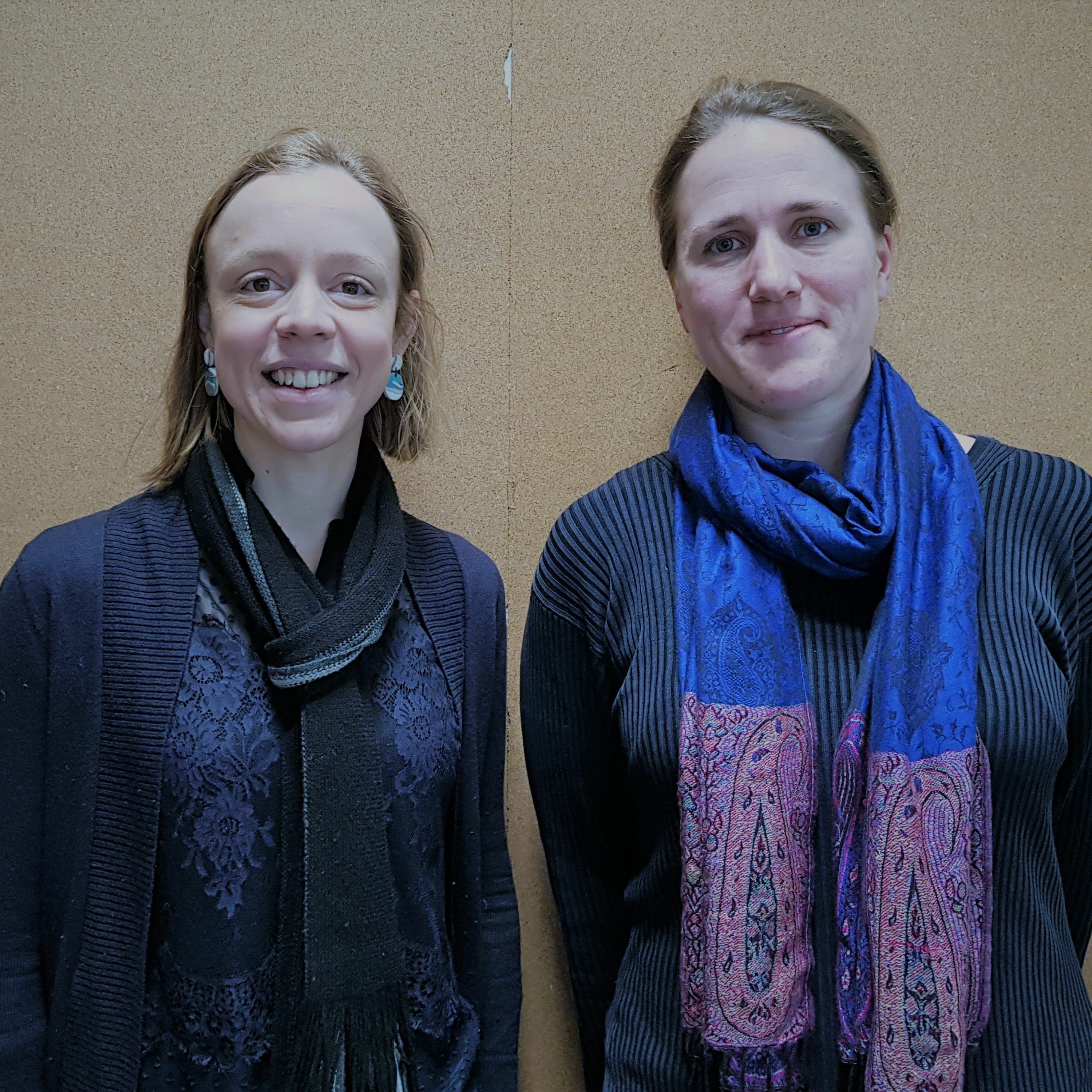RT6 - Konstanze Winter - Flexible future mobility and shared automation

b"Picture this: a future in which shared autonomous vehicles are run by public agencies, providing equitable transport to address a multitude of travel needs in a city decoupled from car ownership. \\n\\nIn this episode of Researching Transit, Konstanze Winter ponders this scenario and the big what-ifs it poses. Konstanze guides us through many of the pointy unknowns of automation - such as how to avoid the transformation of shared public space into parking lots for empty vehicles. \\n\\n\\u201cWe can learn from other systems, but there\\u2019s the difference that automated vehicles can replace themselves\\u201d\\nShe sets the scene by discussing the multitude of possible technological, individual choices and policy scenarios at play. These complex interactions are being tackled by cities and researchers, trying to guide automation down a path of equity and accessibility. However, with so many questions and no lived experience of automation, how can we really anticipate the outcomes of new technology?\\n\\n\\u201cWe cannot rely on a single study. We have to combine all studies to get a holistic picture across borders, across scenarios and across specifications.\\u201d\\n\\nKonstanze\\u2019s research assumes we are more likely to see shared automated vehicles than privately owned ones in our lifetime. Centrally deployed services overcome many of the barriers to automated vehicle adoption, including (1) high investment costs (2) efficient redeployment across multiple users and (3) a market segment of typical tech-savvy early adopters, who are not interested in owning a vehicle. Listen in to hear more about the potential for shared automated vehicles to provide more flexibility in our future transport network. \\n\\nRead Konstanze and her colleagues' published research on shared automation:\\n\\nWinter, K, Cats, O, Martens, K & van Arem, B 2020, 'Relocating shared automated vehicles under parking constraints: assessing the impact of different strategies for on-street parking', Transportation, https://link.springer.com/article/10.1007/s11116-020-10116-w.\\n\\nWinter, K, Cats, O, Martens, K & van Arem, B 'Identifying user classes for shared and automated mobility services', European Transport Research Review, vol. 12, no. 36, https://doi.org/10.1186/s12544-020-00420-y.\\n\\nMore on the levels of driving automation (Konstanze\\u2019s research focuses on level 4 and 5): https://blog.ansi.org/2018/09/sae-levels-driving-automation-j-3016-2018/#gref\\n\\nMore on urban parking policies and why they work: D.Shoup (2018): \\u201cParking and the City\\u201d. New York, NY: Routledge\\n\\nMore on why parking self-driving vehicles can be game-changer: E. Guerra & E.A. Morris (2018): Cities, Automation, and the Self-parking Elephant in the Room. Planning Theory & Practice, 19:2, 291-297\\n\\nKonstanze Winter recently complete her PhD at TU Delft\\u2019s Smart Public Transport Lab. Her work is bundled in her thesis: M.K.E. Winter (2020): \\u201cProviding Public Transport by Self-Driving Vehicles \\u2013 User Preferences, Fleet Operation, and Parking Management\\u201d (Doctoral dissertation). Delft University of Technology, Delft, the Netherlands.\\n\\nShe can be contacted at linkedin.com/in/konstanzewinter.\\n\\nMusic from this episode is from https://www.purple-planet.com"